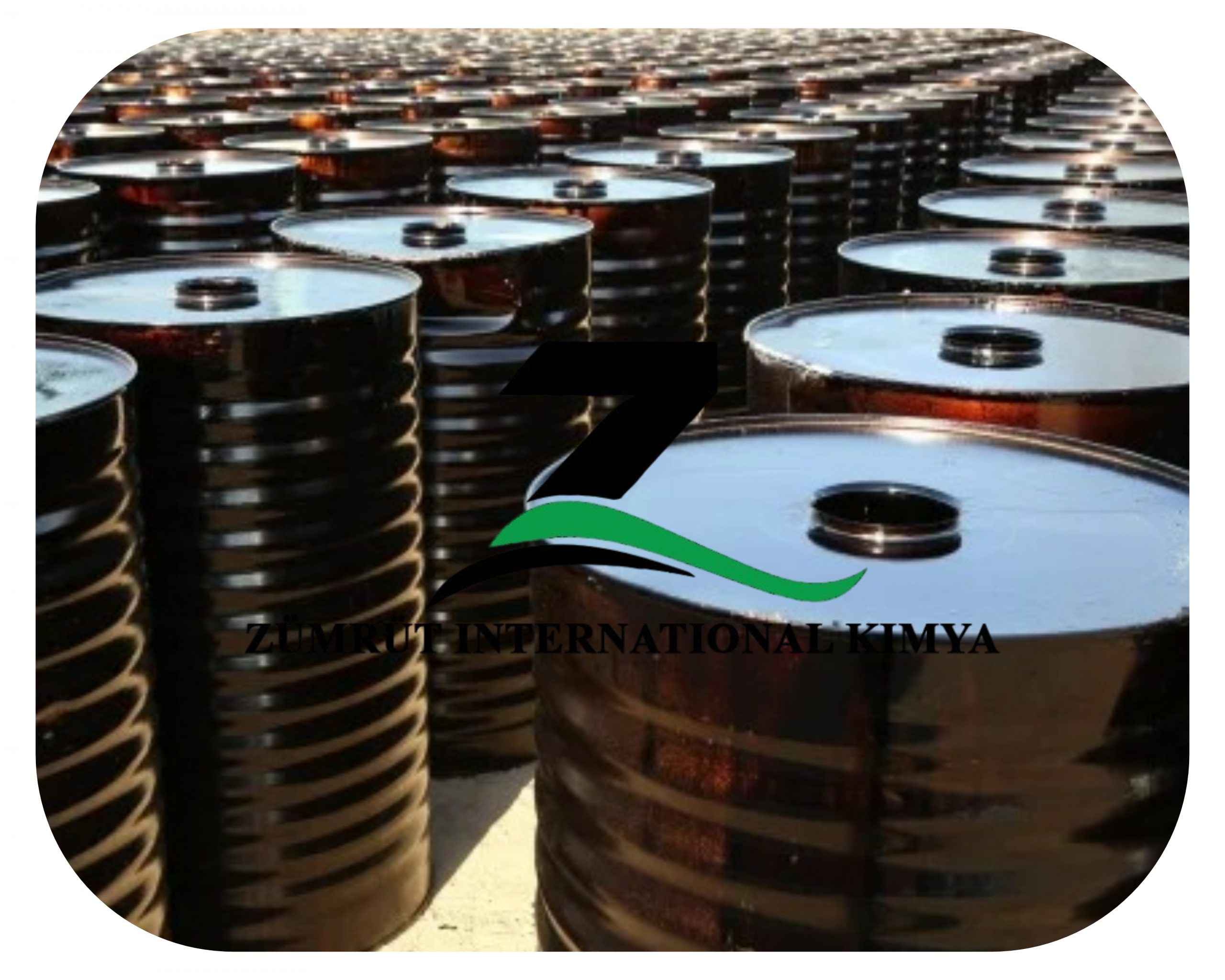
Description of PG Bitumen 76-22
PG Bitumen 76-22 is a high-performance paving-grade asphalt binder classified in the Performance Grade system. It operates under extreme temperatures and consistently exhibits its performance, especially in the high-temperature setting without deforming up to high pavement temperatures of 76°C while having flexibility at low temperatures as low as -22°C. It is applied on high-traffic roads, including highways, airports, and urban roads, where resistance to rutting and fatigue cracking is critical.
PG 76-22 is modified with polymers or other additives to improve its durability, stability, and resistance to oxidative aging, making it suitable for demanding applications and long pavement life.
The main purpose of grading and selecting asphalt binder using the PG system is to make certain that the binder has the appropriate properties for environmental conditions in the field. PG asphalt binders are selected to meet expected climatic conditions as well as traffic speed and volume adjustments.
PG Bitumen 76-22 Application
PG (Performance Grade) Bitumen 76-22 is a high-performance asphalt binder designed for use in regions with extreme temperature variations, particularly in areas with hot climates and moderate cold conditions. Its grading indicates that it can withstand high pavement temperatures up to 76°C without rutting or softening and low temperatures as low as -22°C without cracking.
This makes it ideal for constructing durable roads, highways, and heavy-traffic pavements, especially in areas prone to heavy axle loads and thermal stresses. PG 76-22 is commonly used in polymer-modified asphalt mixes, ensuring enhanced resistance to deformation, fatigue, and thermal cracking.
Innovative and Modern Uses
PG Bitumen 76-22 has widespread use in cutting-edge pavement solutions that optimize road longevity and sustainability. It is also frequently blended with polymer-modified asphalts to enhance fatigue and deformation resistance. In addition to this, the grade is utilized in warm-mix asphalt, which has a lower production temperature, less greenhouse gas emission, and higher energy efficiency. PG 76-22 has usage in intelligent infrastructure such as self-healing asphalt solutions that extend the lifespan of pavements. They highlight the versatility of PG 76-22 in addressing the new building challenges and environmental sustainability initiatives.
Difference Between PG 76-22 and PG 70-10
PG 76-22 and PG 70-10 differ mainly in temperature operating range and use in different climates. PG 76-22 has been designed for extreme conditions, enduring temperatures up to 76°C without rut and still flexible at -22°C, thus ideal for hot climates with severe winters and heavy traffic zones. On the other hand, PG 70-10 is suitable for moderate climates with temperatures of up to 70°C and continues to be crack-resistant as low as -10°C. Whereas PG 76-22 gives more endurance to areas with more extreme temperature variations, PG 70-10 is more appropriate for areas that have less severe weather conditions.
International Standards and Global Comparisons
PG Bitumen 76-22 meets stringent international standards regarding ASTM and AASHTO specifications for delivering optimal performance in adverse climatic conditions. This type of asphalt is specifically formulated for regions that experience hot summer temperatures as well as extremely cold winter temperatures. Compared to other performance grades, PG 76-22 provides improved rut resistance under high temperatures and improved flexibility under extremely low temperatures (-22°C), reducing the possibility of thermal cracking. It is a top-notch choice for infrastructure projects in regions of high temperature variation between seasons, giving long-lasting roads that will endure heavy traffic loads for many years.
Different Types of PG 76-22 Packaging
- 1 MT Jumbo Bag with a steel cage and pallet
- 1 MT Jumbo Bag without cage and pallet
- 1300 Kg Jumbo Bag
- 180kg New Steel Drum
- 375Kg Bitubag
- Bulk in vessel
- Bulk in Flexi Bag
- Bulk in Tunker
Specification
| Specification | Unit | Value | Method |
|---|---|---|---|
| Average 7-Day Maximum Pavement Design Temperature | °C | <76 | – |
| Minimum Pavement Design Temperature | °C | > -22 | – |
| Flash Point Temperature | °C | >230 | AASHTO T48 |
| Viscosity, T 316, Maximum 3 Pas, Test Temp, °C | °C | 135 | AASHTO T316 |
| Dynamic Shear, T 315, G*/sin Minimum 1.00 KPa Test Temperature, @10 rad/s,°C | °C | 76 | AASHTO T315 |
| Rolling Thin Film Oven Test (T 240) | |||
| Mass Change, Maximum, Percent | % | 1.00 | AASHTO T240 |
| Dynamic Shear G*/sin Minimum 2.2 KPa Test Temperature, @10 rad/s | °C | >2.2 | AASHTO T315 |
| Pressure Aging Vessel (PAV) Test (AASHTO R28) | |||
| Dynamic Shear, T 315, G*/sin, Maximum 5000 KPa Test Temperature, @10 rad/s | °C | 31 | AASHTO T315 |
| Creep Stuffiness, T 313, S, Maximum 300 Mpa, m-value, minimum 0.300 Test Temperature, @60s, °C | °C | -12 | AASHTO T313 |
| Direct Tension, T 314, Failure Strain, Minimum 0.300 Test Temperature, @60s, °C | °C | -12 | AASHTO T 240 |
| Critical Low Cracking Temp, PP42, Critical Cracking Temp Determined by PP 42,Test Temp, °C | °C | -12 | ASTM D8225 |

